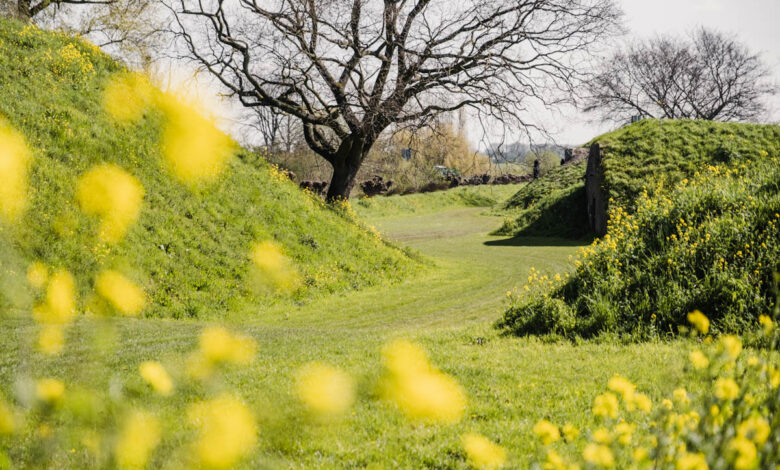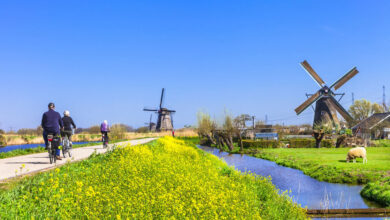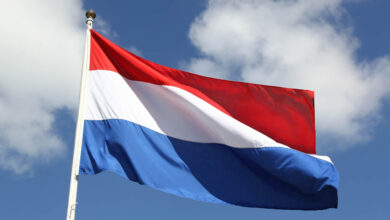
About the Netherlands
The Netherlands, also known as Holland, is a country located in Western Europe. It is known for its picturesque villages, windmills, beautiful tulip fields and intricate canal system in the capital city of Amsterdam. The Netherlands is also famous for its liberal culture and progressive policies, including legalizing same-sex marriage in 2001 and being one of the first countries to decriminalize cannabis. The Dutch are also known for their proficiency in speaking English, which is widely spoken throughout the country. The Netherlands is a densely populated country, with a population of over 17 million people and is known for its advanced healthcare system, strong economy and high quality of life. The Dutch are also famous for their cheese, with Gouda and Edam being two of the most well-known varieties.
History of the Netherlands
The history of the Netherlands is rich and varied, dating back thousands of years. The area that is now the Netherlands was inhabited by various tribes, including the Frisians, Saxons and Batavians, before it was conquered by the Romans in the first century BC.
In the Middle Ages, the Netherlands became a center of trade and commerce, with cities such as Amsterdam, Rotterdam and Utrecht becoming important trading hubs. The Dutch also played a significant role in the development of the Renaissance, with figures such as Erasmus of Rotterdam and Rembrandt van Rijn leaving lasting legacies.
In the 16th and 17th centuries, the Netherlands experienced a Golden Age. With a booming economy, artistic achievements and a thriving maritime industry. Dutch explorers such as Willem Barentsz and Abel Tasman made significant discoveries, while Dutch merchants established trading posts and colonies around the world including in Indonesia, South Africa and the Americas.
In 1815, the Netherlands became a constitutional monarchy, with William I of Orange-Nassau as the first king. The country remained neutral during World War I but was invaded by Germany in World War II and suffered significant damage and loss of life.
In the post-war period, the Netherlands experienced a period of rapid economic growth and became known for its welfare state policies, progressive social attitudes and commitment to international cooperation. Today, the Netherlands is a prosperous, multicultural country with a high standard of living and a vibrant cultural scene.



